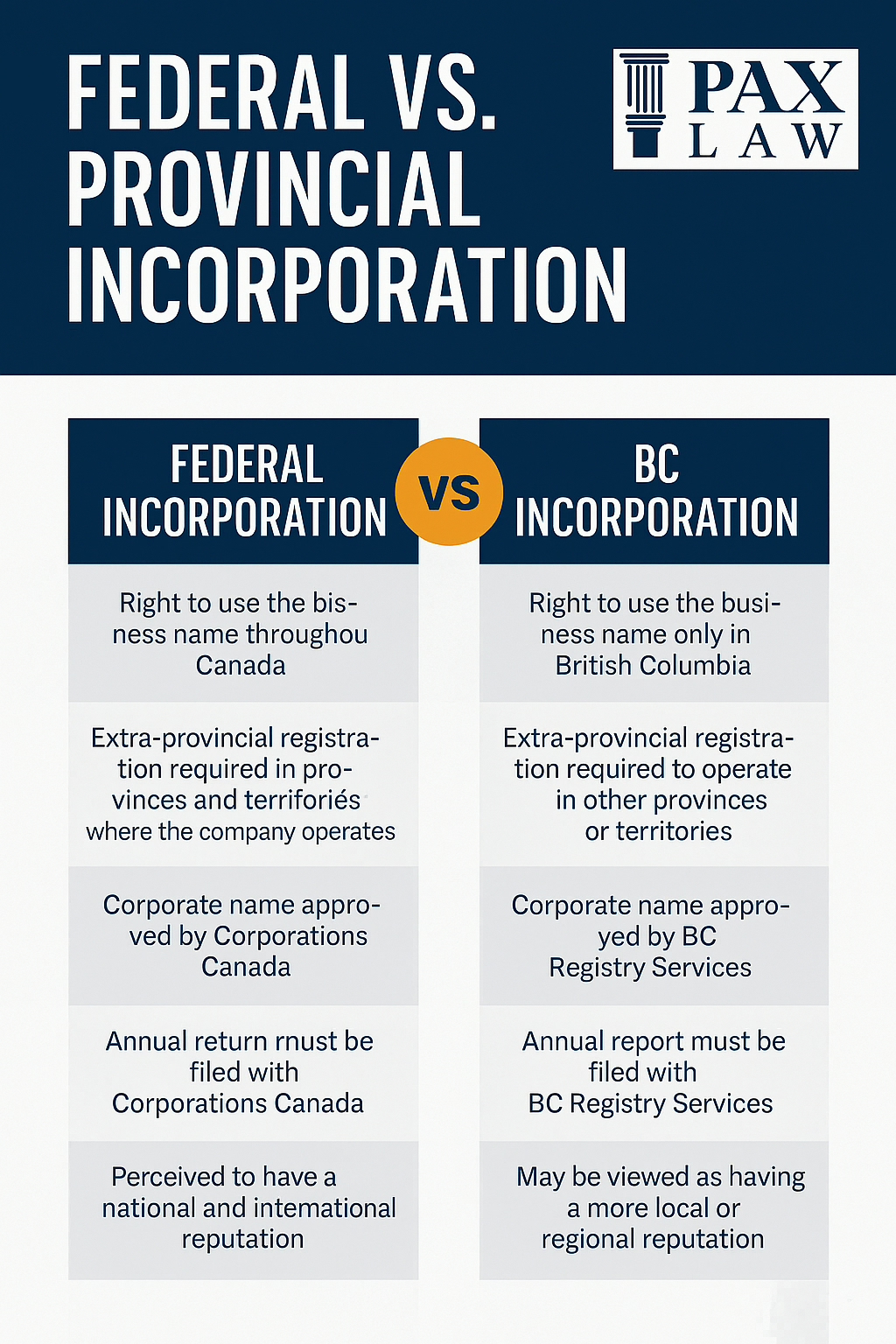Table of contents
How Businesses in BC Can Comply with Provincial and Federal Privacy Laws
In today’s digital age, privacy law compliance is more critical than ever for businesses in British Columbia. With the increasing reliance on digital technologies, businesses must understand and navigate the complexities of privacy laws at both provincial and federal levels. Compliance is not just about legal adherence; it’s also about building trust with customers and protecting the integrity of your business operations.
Understanding Privacy Laws in BC
In British Columbia, businesses that collect, use, or disclose personal information must comply with the Personal Information Protection Act (PIPA). PIPA sets out how private sector organizations must handle personal information in the course of commercial activities. At the federal level, the Personal Information Protection and Electronic Documents Act (PIPEDA) applies to private sector organizations that conduct business in provinces without substantially similar provincial legislation. Although BC has its own law, PIPEDA still applies in certain cross-border or interprovincial contexts.
Key Principles of PIPA and PIPEDA
Both PIPA and PIPEDA are based on similar principles, which require that personal information be:
- Collected with Consent: Organizations must obtain an individual’s consent when they collect, use, or disclose the individual’s personal information, except in specific circumstances defined by law.
- Collected for Reasonable Purposes: Information must be collected for purposes that a reasonable person would consider appropriate under the circumstances.
- Used and Disclosed for the Limited Purposes: Personal information should only be used or disclosed for the purposes for which it was collected, unless the individual consents otherwise or as required by law.
- Accurately Maintained: Information must be accurate, complete, and up-to-date enough to fulfill the purposes for which it is to be used.
- Safeguarded: Organizations are required to protect personal information with security safeguards appropriate to the sensitivity of the information.
Implementing Effective Privacy Compliance Programs
1. Develop a Privacy Policy
Your first step towards compliance is the creation of a robust privacy policy that delineates how your organization collects, uses, discloses, and protects personal information. This policy should be easily accessible and comprehensible to your clients and employees.
2. Appoint a Privacy Officer
Designate an individual within your organization to act as a Privacy Officer. This person will oversee all data protection strategies, ensuring compliance with PIPA and PIPEDA, and serve as a point of contact for privacy-related concerns.
3. Train Your Staff
Regular training programs for staff on privacy policies and procedures are vital. Training helps prevent data breaches and ensures everyone understands the importance of privacy laws and how they apply to your organization’s day-to-day operations.
4. Assess and Manage Risk
Conduct regular privacy impact assessments to evaluate how your business practices affect personal privacy and to identify risks that might lead to privacy breaches. Implement necessary changes to mitigate these risks.
5. Secure Personal Information
Implement technical, physical, and administrative security measures tailored to the sensitivity of the personal information you hold. This can range from secure storage systems and robust IT security solutions, such as encryption and firewalls, to controlled access both physically and digitally.
6. Be Transparent and Responsive
Maintain transparency with customers by keeping them informed about your privacy practices. Additionally, establish clear procedures for responding to privacy complaints and requests for access to personal information.
Handling Privacy Breaches
A critical component of privacy law compliance is having an effective breach response protocol. Under PIPA, organizations in BC are required to notify individuals and the relevant authorities if a privacy breach poses a real risk of significant harm to individuals. This notification must occur as soon as feasible and should include information about the nature of the breach, the extent of the information involved, and measures taken to reduce the harm.

Complying with privacy laws is essential for protecting not only your clients but also the integrity and reputation of your business. By implementing these guidelines, businesses in British Columbia can ensure they meet the requirements of both provincial and federal privacy regulations. Remember, privacy compliance is a continuous process of improvement and adaptation to new risks and technologies, and it demands ongoing attention and commitment.
For businesses unsure about their compliance status or where to begin, consulting with legal experts specializing in privacy law can provide tailored advice and help develop a comprehensive privacy strategy. This proactive approach not only mitigates risk but also enhances customer trust and business credibility in the digital world.
Pax Law can help you!
Our lawyers and consultants are willing, ready, and able to assist you. Please visit our appointment booking page to make an appointment with one of our lawyers or consultants; alternatively, you can call our offices at +1-604-767-9529.


0 Comments